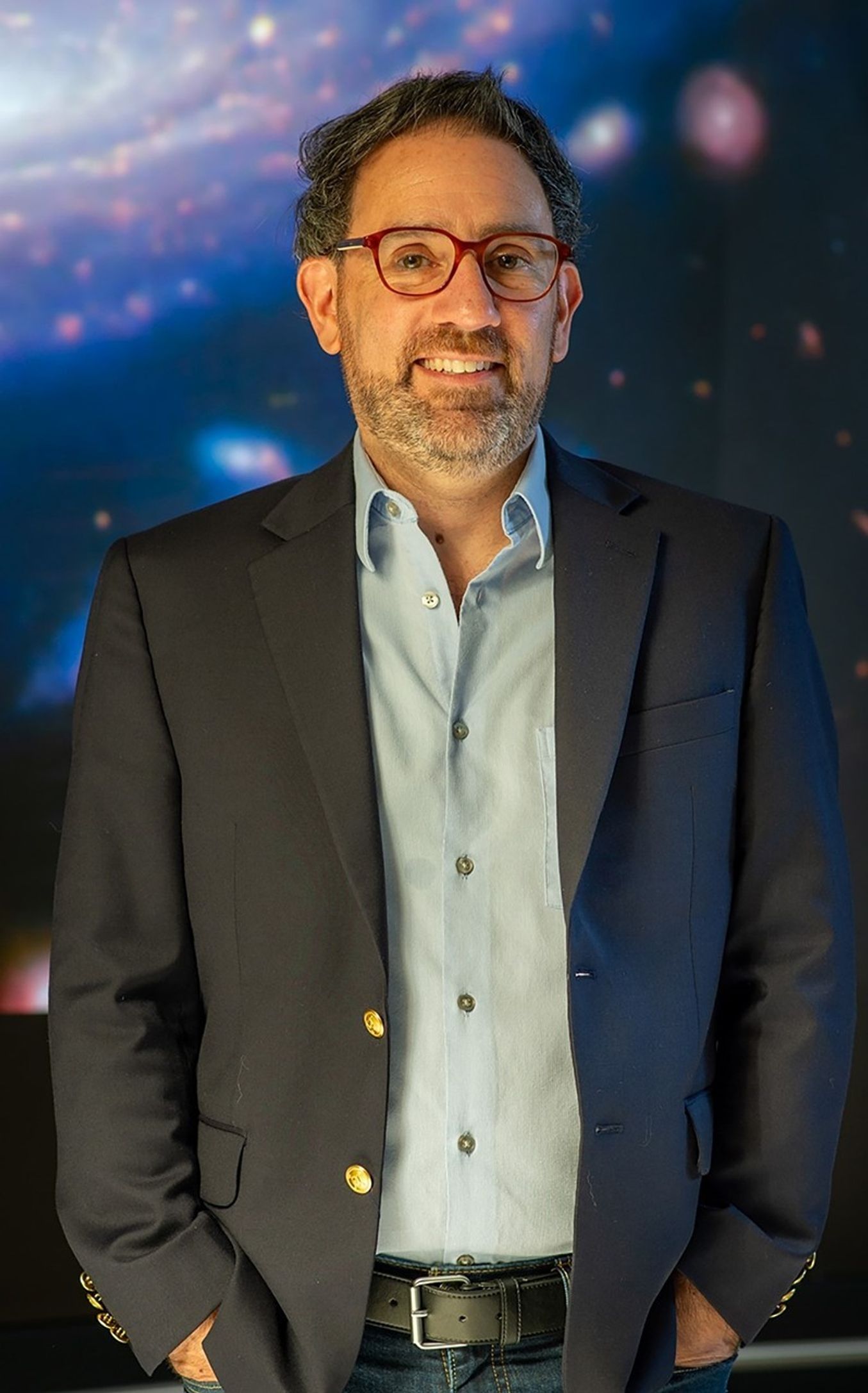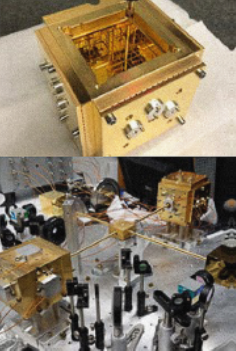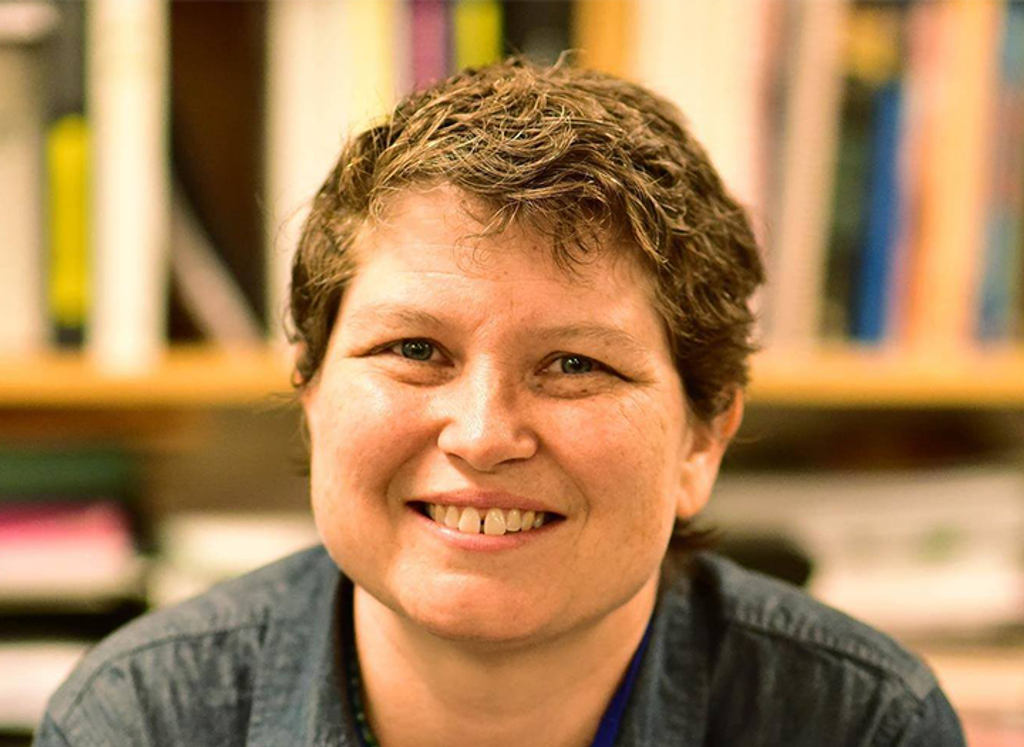
John W. Conklin
Director, Precision Space Systems Lab | Assistant Director, Astraeus Space Institute | Don D. and Ruth S. Eckis Professor | Mechanical and Aerospace Engineering | University of Florida
Education
- Ph.D. (2009) • Aeronautics and Astronautics • Stanford University
- MEng. (1998) • Mechanical Engineering • Cornell University
- B.S. (1997) • Mechanical Engineering • Cornell University
Current Position
- Don D. and Ruth S. Eckis Associate Professor
- Director, Precision Space Systems Lab Mechanical and Aerospace Engineering, University of Florida
- Developing precision instrumentation for space navigation, geodesy and gravitational wave detection

Mock-up of the LISA Gravitational Refence Sensor (top) used to test the charge control and acceleration noise performance of the instrument. The UF torsion pendulum facility (bottom) used in conjunction with the GRS mock-up to simulate precision free fall and to enable small force measurements.
Technology Interests
- Ultra-precise inertial sensors for satellite geodesy, gravitational wave detection, and fundamental physics experiments in space
- Contactless electric discharge via photoemission using Ultraviolet LEDs
- Laser-based intersatellite ranging and time transfer for small spacecraft constellations
- Spacecraft dynamics, control, and navigation
Goals and Aspirations
- Develop and demonstrate new technologies in space that will enable new capabilities and new science
- Open a new window into our universe through the first ever observation of low-frequency gravitational waves via the Laser Interferometer Space Antenna mission
- Educate and mentor the next generation of engineers and scientists that will continue the advancement of novel space technologies
- Provide a safe and inclusive laboratory environment to encourage and support a diverse array of early-career researchers
- Promote the importance of new space technologies and scientific missions the general public


























